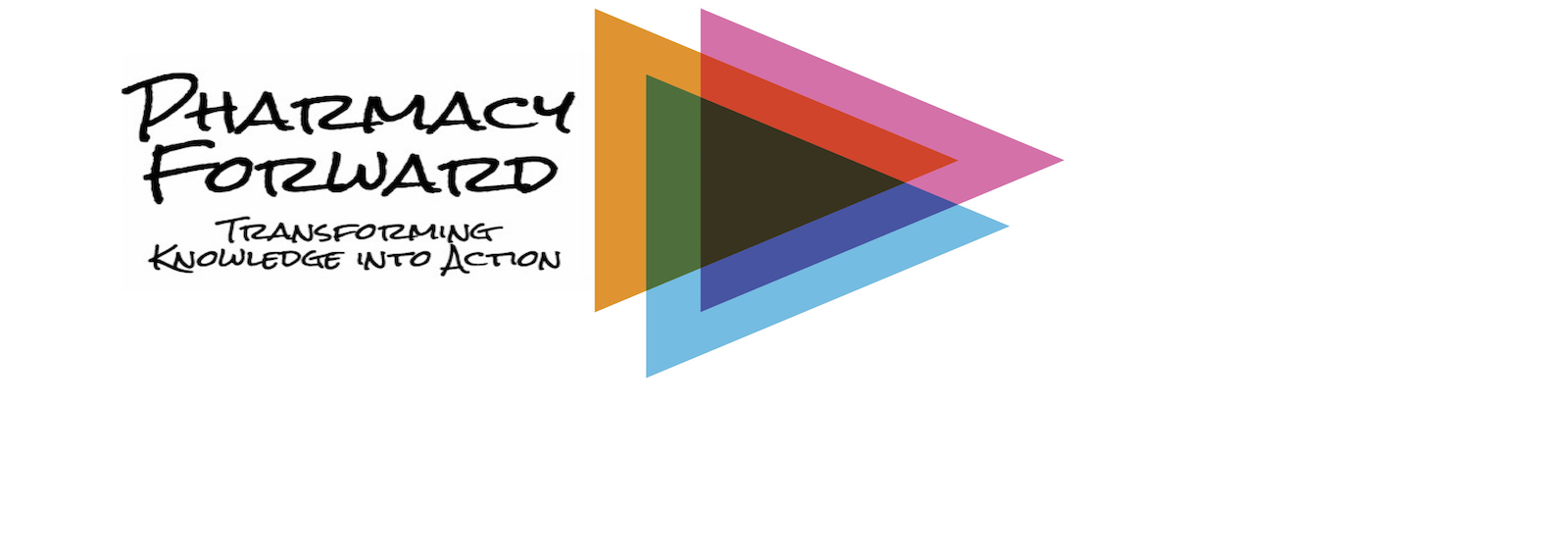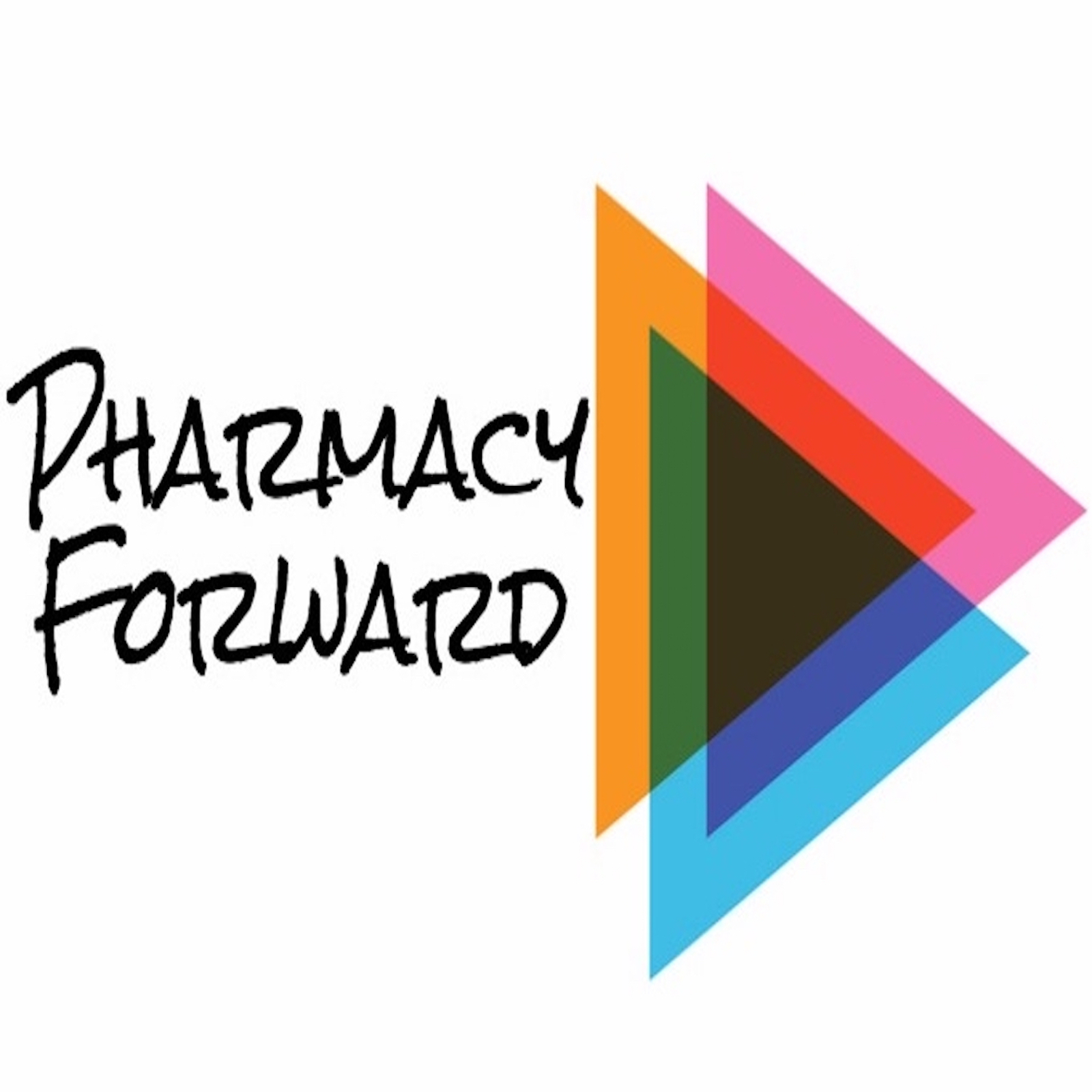Episodes

Wednesday Jan 16, 2019
Opioid Overdose Crisis (III)
Wednesday Jan 16, 2019
Wednesday Jan 16, 2019
Carol Ott, Pharm.D., BCPP - Clinical Professor of Pharmacy Practice, Purdue University College of Pharmacy and Residency Program Director for the Eskenazi Health/Purdue University PGY2 Psychiatric Pharmacy Residency Program - discusses how sigma adversely impacts patients with opioid use disorder and how the BoilerwoRx program is helping to address the opioid crises at the community level.
Key Lessons
- Health professionals too often use stigmatizing language when describing patients with a substance use disorder and their behaviors.
- We need to critically examine our unconscious biases toward patients with substance use disorder.
- Substance use disorders are most often co-morbid with other mental health conditions.
- Needle exchange programs are an evidence-based intervention that can reduce harm by preventing the spread of infectious diseases and be an important touchpoint to get people into treatment.
- There are numerous ways pharmacists can help patients with substance use disorders - approaching them with empathy, volunteering, and using evidence-based resources to guide care and combat misinformation.

Thursday Dec 13, 2018
Opioid Overdose Crisis (II)
Thursday Dec 13, 2018
Thursday Dec 13, 2018
Suzanne Nesbit, Pharm.D., BCPS - Clinical Pharmacy Specialist in Pain and Palliative Care at the Johns Hopkins Health System - and Lucas Hill, Pharm.D., BCPS, BCACP - Clinical Assistant Professor at the University of Texas at Austin and Director of Operation Naloxone - discuss how to improve patient safety by implementing opioid stewardship and harm-reduction strategies.
Key Lessons
- Opioid stewardship requires multiple components starting first with a commitment to change and includes opioid prescribing guidelines, provider feedback, and patient education.
- Discussing the goals of therapy, intended treatment duration, and realistic expectations with patients when opioids are prescribed is critical.
- Patients at high risk of opioid overdose should receive naloxone and trained how to use it.
- Naloxone standing orders or collaborative practice agreements can facilitate access.
- Information from prescription drug monitoring programs can be helpful during the medication review process but providers must recognize their limitations.
- Pain relief requires a patient-specific approach. Patients with a substance use disorder deserve to have their pain addressed too.

Wednesday Nov 14, 2018
Opioid Overdose Crisis (I)
Wednesday Nov 14, 2018
Wednesday Nov 14, 2018
Jeffrey Bratberg, Pharm.D., BCPS - Professor of Pharmacy Practice at the University of Rhode Island talks with us about the opioid overdose crisis - it's causes and potential solutions.
Key Lessons
- The causes of the opioid overdose crisis are multifactorial but rooted in hopeless and despair
- Illicitly obtained synthetic opioids are very potent and the leading cause of opioid overdose deaths today
- Opioid use disorder is a brain disease and all patients deserve compassionate care
- The response to the opioid overdose crisis (to date) has been anemic due to societal stigma and unconscious bias
- Supply-side solutions (e.g. prescription drug monitoring programs) to the problem may seem helpful but have unintended consequences
- Naloxone should be widely available and all health professionals should carry it

